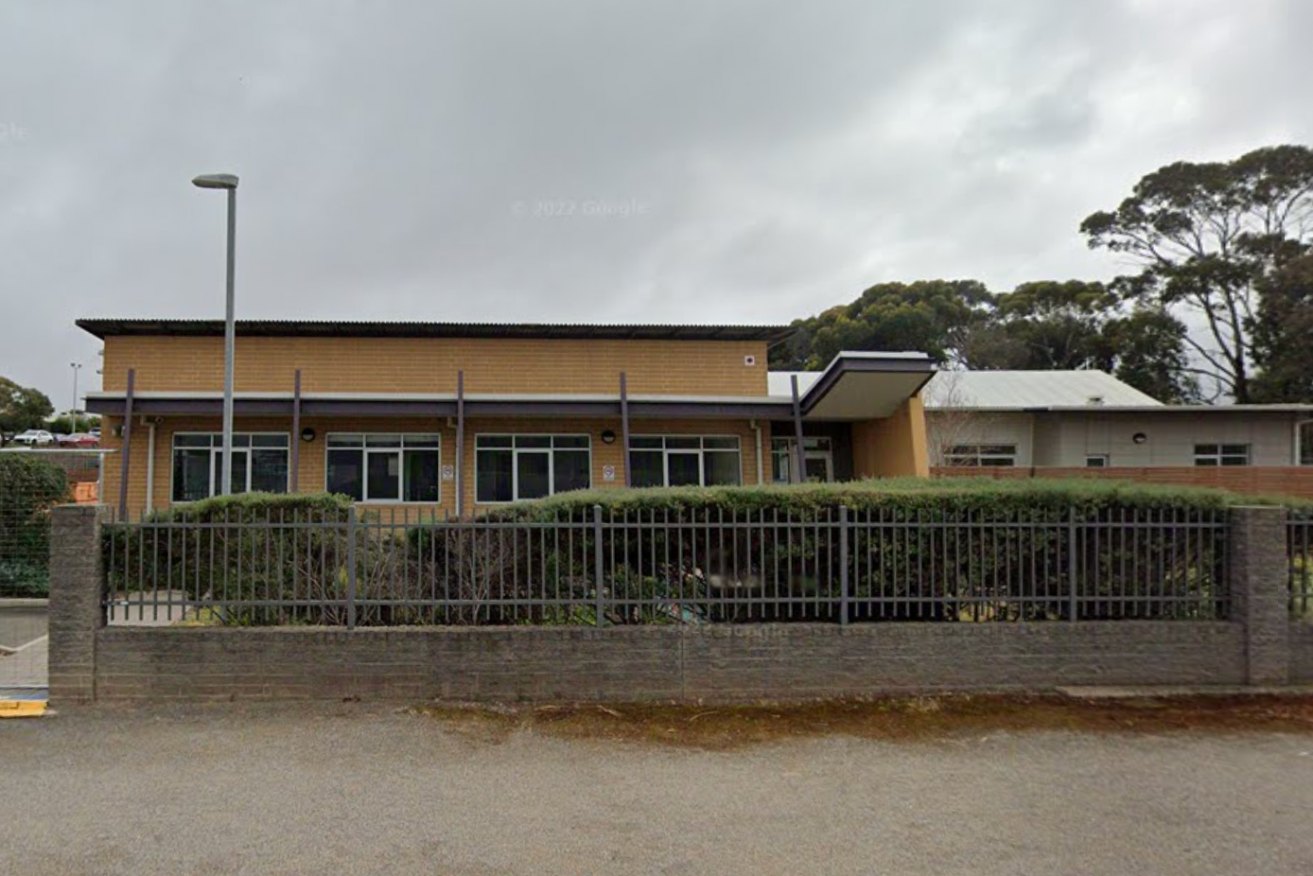Your views: On a mental health centre closing, the Voice, and university governance
Today, readers comment on the permanent closure of an Adelaide mental health centre, the concern of native title bodies about the proposed South Australian Indigenous Voice to Parliament, and a proposal to reform university governance.

The former Southern Intermediate Care Centre building at Noarlunga. Photo: Google Maps
Commenting on the story: Mental health centre in Adelaide’s south permanently shut
This facility was staffed by the best workers. They were loving, caring people who loved their work and wanted the best for each person who came through the doors. When I was a patient there the time was spent going to groups, building up my resources before I went home again. To remove this facility from the mental health system will cause great harm to people. I worked in Glenside years ago when they opened all the back wards and discharged all the people out into the community. The government said they were going to build more beds here or there. None of that happened. There was no help for the people who left Glenside. Now all the land has been sold off and it’s covered in luxury units. Has any of the money gone back into funding mental health beds? I don’t think so. – Carol James
Why do South Australians keep on voting into government a political party that is constantly closing medical facilities that are maybe not new and flash but do serve a section of our community? Why do you vote these people into power? – Leon Wittwer
This decision appears to be ludicrous with so many people struggling with mental illness thanks to COVID and constant living pressures at the moment. – Ian Brooks
Commenting on the story: ‘Going backwards’: SA native title bodies raise Voice concerns
So South Australian native title organisations have “deep concerns” about the proposed First Nations Voice to the South Australian Parliament. Given the importance of ties to the land in Aboriginal culture, these concerns seem to demand a respectful response. The stated concerns about who will be qualified to vote, and to stand for election, also seem to demand a detailed response, ahead of Parliament’s consideration of the matter. Who knows what will get past the Labor/Green alliance on this matter once the bill is introduced?
So far as the Commonwealth’s proposal is concerned, we know that the referendum is legally unnecessary; there is already power in the constitution for the legislation establishing the Voice. I support calls for the Federal Government to release the draft legislation establishing the Voice: let us all see the detail. It’s an important measure for this country, and we all know the devil lies in the detail, not the concept.
So far as the timing of the SA Government’s proposal is concerned, what’s the rush? Australia’s Indigenous peoples had stewardship of this land for upwards of 50,000 years. The least we can do is pay due respect to that fact, and take the time necessary to get the local Voice right. – Stephen Trenowden
Ironic that the government appears not to be listening to the First Nations’ leaders, despite promising to do just that. – John Gibson
Commenting on the story: Greens pitch SA uni governance shake-up as ‘alternative’ to merger
As an elected staff representative on the Flinders University Council from 2013-15, I would strongly support MLC Robert Simms’ proposal to reform the governance of universities. It is clear that over the last three decades, Australian universities have moved away from the collegiate to the corporate model of governance. Its major stakeholders, the students, staff, alumni, and public have effectively been excluded from governance to token spots on councils with virtually no effective information or voice. Councils act as rubber stamps of the CEO, the Vice-Chancellor, and small decision-making committees (finance, appointments) where students/staff are excluded. The majorities on Councils, including the few representatives and externally appointed members, have little time or ability to question or effectively discuss the decisions of these small CEO-led committees.
In my three years on the Flinders Council, there was only one meeting at which an issue was openly and freely discussed and brought to a vote of the whole Council. Most other items were passed through with “nods of the heads”. This complete “top-down” governance has allowed administrations to dictate virtually all decisions at all levels of administration including “re-structures” of any academic units to allow effective firing of any staff with no accountability. This has led to a toxic working atmosphere, the effective abolition of academic tenure, and an atmosphere of uncertainty and demoralisation of staff. It is certainly not conducive to creative, critical, or entrepreneurial activity we hope to emerge from our universities. Robert Simms’ proposals would help to move the universities back to collegiate, public institutions. – Leon Lack




